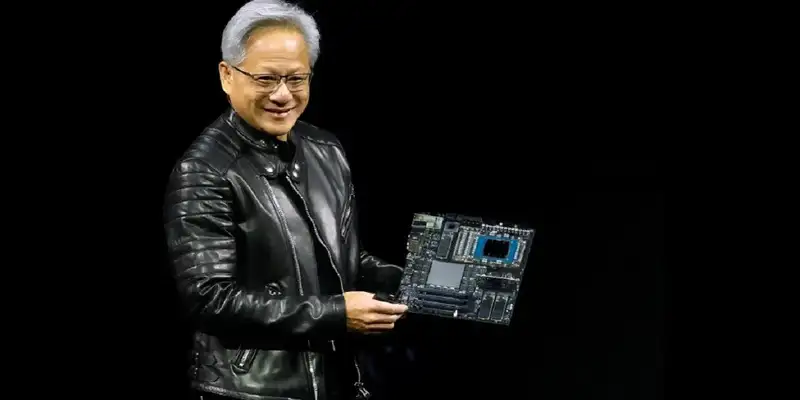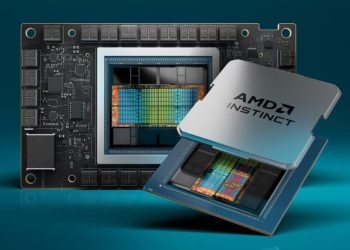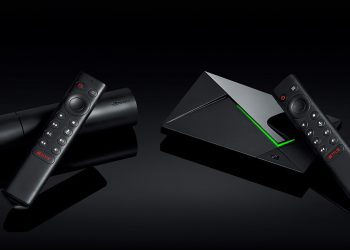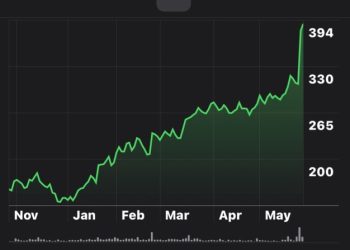Beijing has advised domestic companies to avoid purchasing Nvidia’s H20 chips, claiming they are of poor quality and may pose national security risks. The warning comes shortly after the United States approved limited exports of the chips to China, provided Nvidia pays Washington 15% of all related revenue.
Nvidia, for its part, insists that the H20 chips — a less powerful variant than those sold in the U.S. — contain no “backdoors” that could enable remote access. However, the move underscores the escalating tech rivalry between Washington and Beijing, particularly in the artificial intelligence sector.
Some U.S. critics have also voiced concern, arguing that even the downgraded H20 model could boost China’s AI capabilities. One expert told The New York Times: “You’re selling our national security for corporate profits.”
The H20 is part of Nvidia’s product lineup modified to comply with U.S. export controls. These restrictions aim to prevent the most advanced AI chips from reaching China, while still allowing limited trade under strict conditions.
Beijing’s public stance against the chips could be seen as both a security precaution and a signal to promote domestic alternatives, as China pushes to reduce dependence on U.S. technology.
With the AI race intensifying, the controversy over the H20 chips highlights how semiconductors remain at the heart of geopolitical competition between the world’s two largest economies.https://www.youtube.com/watch?v=oYrFZ18idfk








